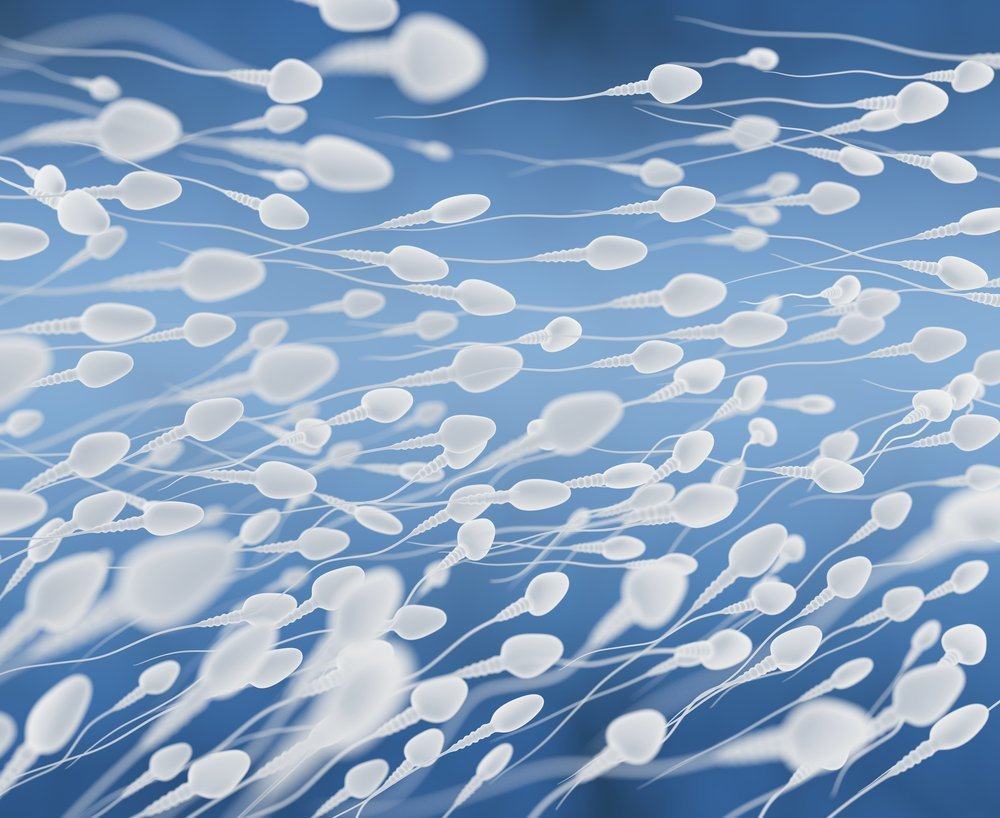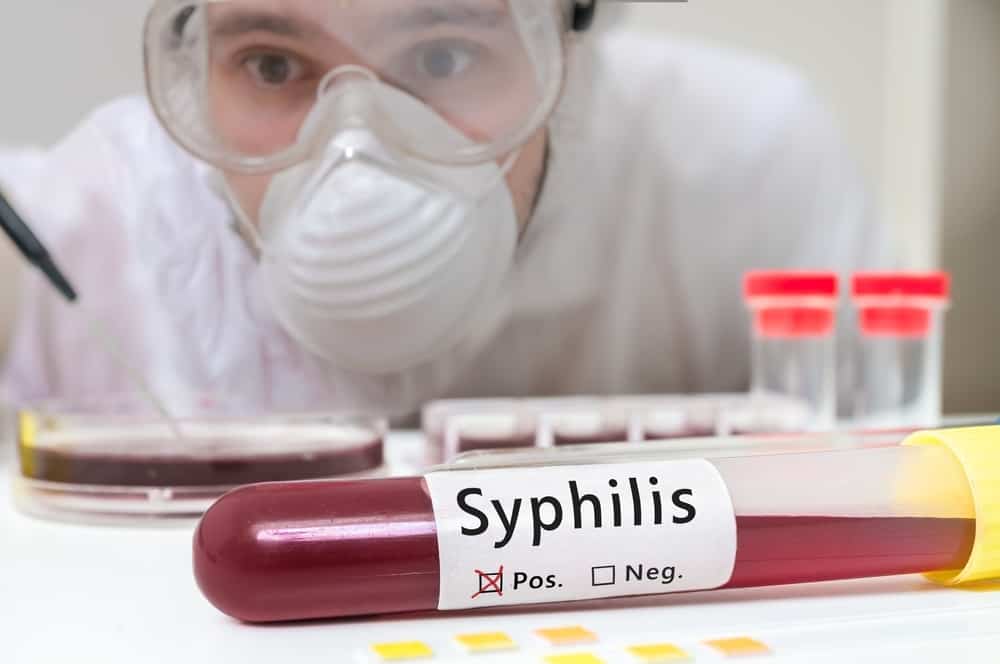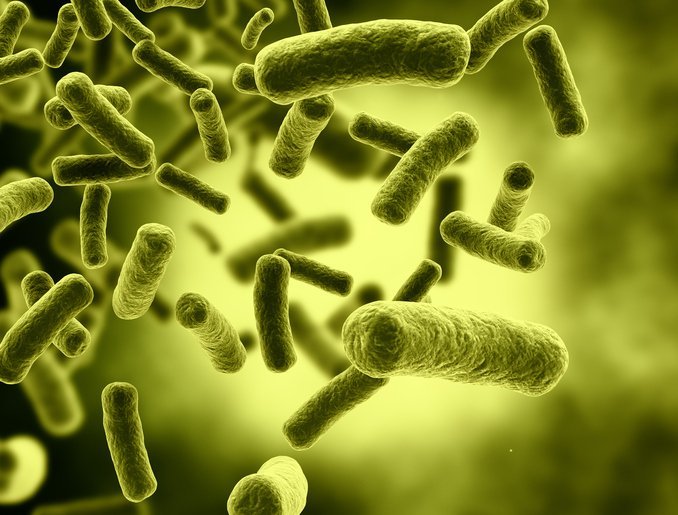Contents:
Medical Video: Surprising Ways You Can Get Pregnant
About 12 percent of women around the world may have allergies to human semen with varied symptoms, ranging from skin irritation, itching, pain during urination, atopic eczema, to anaphylactic shock, reported from Huffington Post.
What is sperm allergy?
Sperm allergies, also called semen (seminal) allergies or seminal plasme hypersensitivity, are rare allergic reactions to proteins contained in male semen - glycoproteins produced by the prostate - not on the active sperm cells themselves. This rare allergy affects most women, especially those aged 20-30 years as the age group most vulnerable to this rare condition, can appear symptoms as soon as possible for up to one hour after the first exposure to male semen.
Some common symptoms of sperm allergy are redness, swelling, pain, itching, and burning sensation in the vaginal area. The reaction is not only limited to the area around the genitalia, but can arise in other areas of the skin which are also exposed to semen, including the outer skin and mouth. Symptoms can last for several hours or several days.
Sperm allergy can be life threatening
In some women, these symptoms only appear localized (not spread) in one main area. But for some other women, symptoms can affect the whole body. They may have an itchy red rash, lightheadedness and swelling, swollen skin, difficulty breathing, asthma attacks, anaphylaxis, life-threatening allergic reactions.
Sperm allergies can be found when a woman first has sexual intercourse, but sometimes it can occur after the woman has had a previous sexual partner without having the slightest allergic reaction. Or, the reaction can arise suddenly without any indication in the future even when you only have a monogamous sexual relationship for a long time. Sperm allergies are not specific to certain sexual partners. Women who have a reaction to their partner's semen will usually face a problem similar to that of another man's semen. Changing partners will not help them to be free of sperm allergy.
This condition is often misdiagnosed as ordinary skin allergies, vaginitis (vaginal inflammation), fungal infections, or infectious venereal diseases, such as herpes. One clue that can make a big difference in the results of a diagnosis is the use of condoms. If a woman is suspected of having a sperm allergy, she should not show any symptoms when having sex with a partner who uses a condom. Allergic reactions will only appear when having sex without the protection of a condom.
Can a woman with sperm allergy still be pregnant?
In addition to allergic reactions and physical discomfort, women who suffer from sperm allergy also experience emotional stress due to the effects that can arise on their relationship with their care and concerns about planning pregnancy.
Australian researchers believe that this sensitivity can be a factor in endometriosis, a general medical condition that often weakens - causing painful menstrual periods and heavy bleeding.
It is estimated that 10-20 percent of Indonesian women of reproductive age have this condition, reported from the website University of Indonesia. Endometriosis is caused by endometrial cells (the lining of the uterus) moving to the ovary, the pelvis behind the uterus, and the upper part of the vagina. The endometrium is also associated with opportunities for infertility in women, with unknown causes and unavailability of drugs that can cure this condition.
Reporting from Daily Mail, in a new study by Dr. Jonathan McGuane, researcher in genetics and reproduction at the University of Adelaide, found that lab rats had a lower chance of having endometriosis if they were born with a gene that made them have low levels of Trans Growth Factor-1 (TGF-1) protein in their womb .
Human semen is rich in TGF-1. To be able to associate this gene with the development of endometriosis, McGuane transplanted tissue from the human womb to germ-free lab mice, and then came into contact with semen fluid samples. Within two weeks, the uterine graft enlarged tremendously and began to shed its cells - which explained the spread of endometriosis.
Sarah Robertson, professor of immunology and one of the researchers involved in the study, explained that this problem can arise from a component in semen (TGIF-1) that creates changes in the structure of the uterus, for example to help the fertilization process. In many cases, according to Robertson, activities like this have a role in the formation of a receptive environment for embryonic implantation and development. In other cases, TGF-1 produces the potential for endometriosis.
However, sperm allergy is not the direct and main cause of infertility problems, although symptoms can make it difficult for you to get pregnant because sperm allergy sufferers must always have sex with a condom. However, there is a way for a woman to get pregnant even with severe sperm allergy. Allergies will not affect your fertility and pregnancy can be achieved through artificial insemination, aka in-vitro fertilization, after sperm is separated from semen.
Men can also have sperm allergy
Apparently, this allergy can not only be suffered by women, In rare cases, men can also cause an allergic reaction to their own semen. Symptoms include common cold, pain, redness, and discomfort that affects the head, eyes, nose, throat and muscles, and extreme fatigue and difficulty concentrating.
One case was reported in the 2015 Journal of Sexual Medicine, where an ethnic Chinese man who had inflammation of the skin was red and itchy after being exposed to his own semen. Doctors don't know what caused it. A similar condition was also found by a study in the Netherlands which reported that as many as 45 men experienced the same problem.
These symptoms occur only after ejaculation, which indicates that men will be protected from allergic reactions to sperm as long as semen remains in their testicles.
READ ALSO:
- 10 Proven Things That Can Damage Sperm
- Is Irregular Menstruation Making Me Hard to Get Pregnant?
- Has Abortion Ever Made Women So Infertile?












